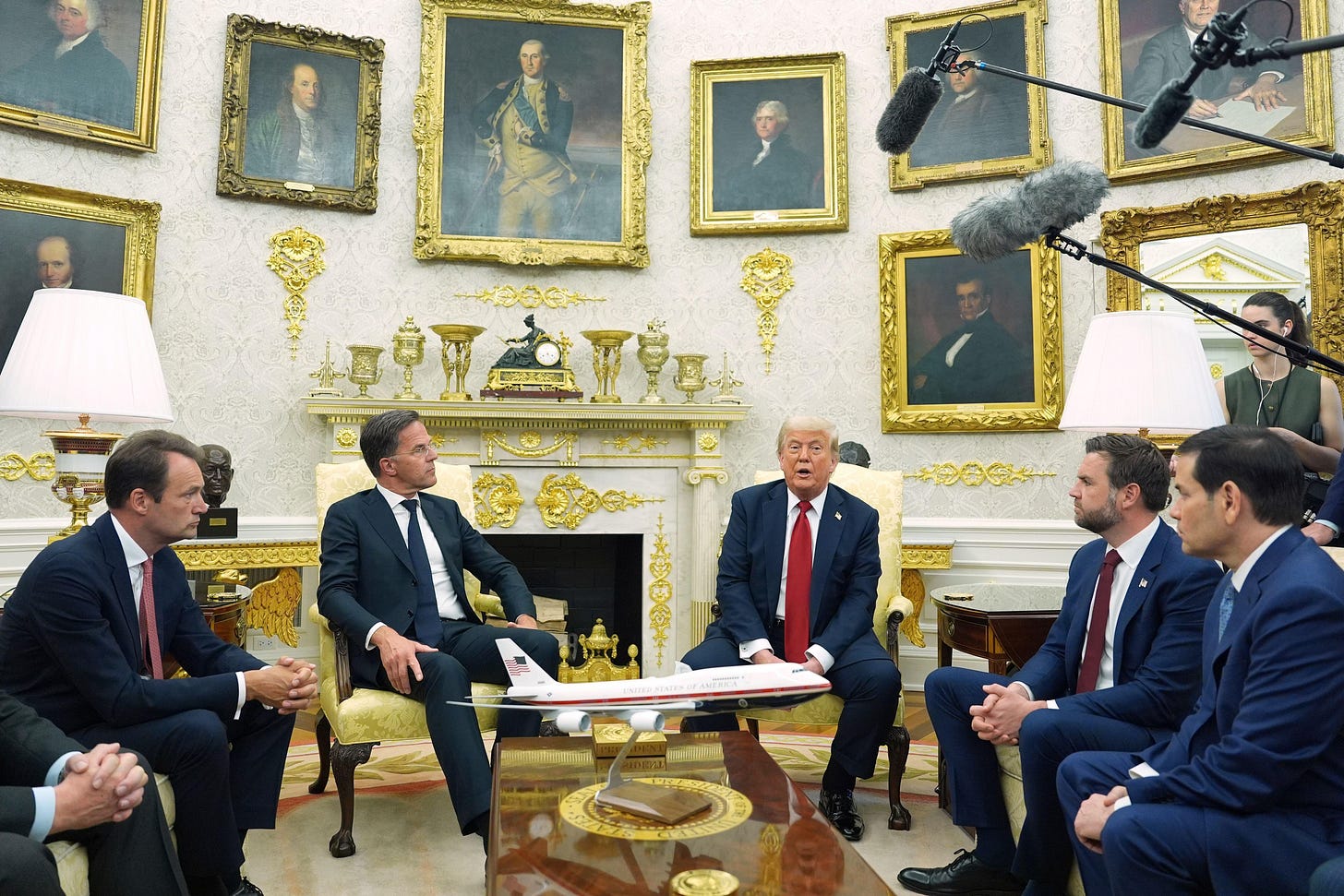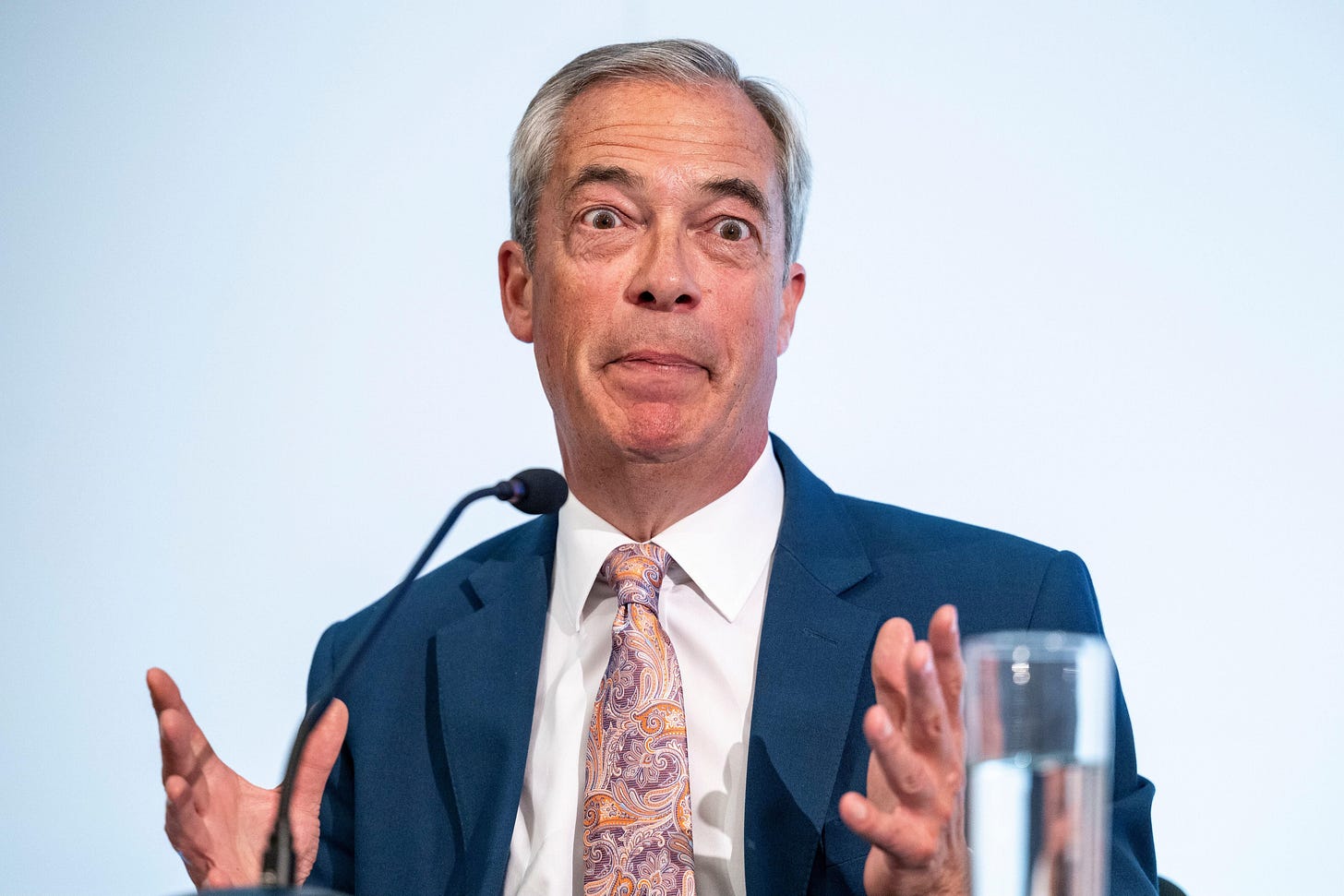
Donald Trump’s peculiar relationship with Vladimir Putin appears to have reached an inflection point. In a much-teased “major” announcement this evening, the US President announced that he would be imposing a 100 per cent tariff on Russia if it does not reach a ceasefire deal with Ukraine within 50 days.
Declaring that he was “very, very unhappy” with the Kremlin, Trump was clear too that these would be “secondary tariffs”, meaning any other countries doing business with Russia, and keeping Putin’s war machine going, will be hit too.
Speaking alongside NATO chief Mark Rutte in the White House, Trump also confirmed a new deal with NATO allies for “billions of dollars worth of [US] military equipment” to be distributed to Ukraine, though he was keen to stress this would be paid for by the alliance.
US Patriot defensive missiles – designed to defend particular areas such as cities or important infrastructure from incoming attacks – will be sent “within days”, added Trump.
Lindsey Graham, a Republican senator and key Trump ally, has said that he expects Ukraine to receive a “record” number of weapons under the new package announced by the US president.
Trump also confirmed today that the deal is “broader than Patriots”. While he didn’t elaborate, this is significant: if the US President is willing to send offensive as well as defensive weapons – including long-range missiles that could reach targets deep inside Russian territory – this marks a significant shift in his position.
Similarly, any further sanctions – while admittedly just a threat at this point – would be significant given that Trump has not imposed a single new sanction on Russia since he regained the White House in January.
Today’s announcement is the culmination of weeks of growing frustration with Putin, a man Trump has expressed admiration for and been uncharacteristically patient with up until now.
This afternoon, Trump conceded that he had thought he’d secured a deal with Russia on the Ukraine war “about four times” but was now realising that Putin’s “talk doesn’t mean anything”.
“My conversations with [him] are always very pleasant… Very lovely conversation. And then the missiles go off that night. I go home, I tell the first lady, I spoke to Vladimir today, we had a wonderful conversation. And she said, ‘Oh really, another city was just hit’”.
Ukrainians will be feeling cautiously optimistic that Washington – Kyiv’s most important ally – appears to once again be on side. It’s certainly a welcome about-face from earlier in the year when Trump was repeating the Kremlin’s talking points, labelling Zelensky a “dictator”, and voting alongside Russia and against Ukraine at the UN.
We will soon find out whether Trump’s 50-day deadline is enough to finally pressure Putin to engage more seriously in peace talks – and show any willingness to make a single concession.
Today, the US President was asked by reporters how far he would be willing to go in response if Putin were to escalate matters. “Don’t ask me a question like that,” he snapped in response. “I said it before this is not Trump’s war. We’re here to try and get it finished and settled”.
If the Kremlin takes zero notice of Trump’s tariff threat, then the US President’s next move is difficult to predict.
Caitlin Allen
Deputy Editor
Iain Martin
Nigel Farage – the dog who caught the car

READ HERE
Ian Stewart
CFOs turn more positive on the UK

READ HERE
Israel’s former leader denounces “humanitarian city” – Former Israeli Prime Minister, Ehud Olmert, has warned that the “humanitarian city” Israel’s current defence minister has proposed building in southern Gaza would be a “concentration camp” and that forcing Palestinians into it would be “ethnic cleansing.” His words came as the IDF blamed a “technical error” for an Israeli airstrike on Sunday that killed several children at a water collection point in Nuseirat refugee camp.
Exodus of lawyers defending Trump’s policies in court – The US Justice Department unit responsible for defending against legal challenges to Donald Trump’s signature policies – such as restricting birthright citizenship and slashing funding to Harvard University – has lost nearly two-thirds of its staff since November. According to a list compiled by former Justice Department lawyers and reviewed by Reuters, 69 of the 110 lawyers in the Federal Programs Branch have voluntarily left the unit since Trump’s re-election or have announced plans to leave.
Sectarian violence in Syria – At least 16 members of Syria’s security forces have been killed in the predominantly Druze city of Sweida after they were deployed to quell deadly sectarian clashes. Sunday’s fighting between Druze militiamen and Bedouin tribal fighters was the first time that sectarian violence erupted inside the city of Sweida itself, following months of tensions in the broader province.
-
Iran is losing its stranglehold over Iraq, argues The Economist.
-
Tinker Tailor Soldier MAGA, Tom Nichols, in The Atlantic.
-
Patrick West on how political ideology corrupted science, in The Spectator.
-
Museums should collaborate, not compete, in a hostile world, writes Josh Spiro, in The Financial Times.
-
Striking doctors are really capitalists — and may have a point, writes Robert Colville, in The Times.
